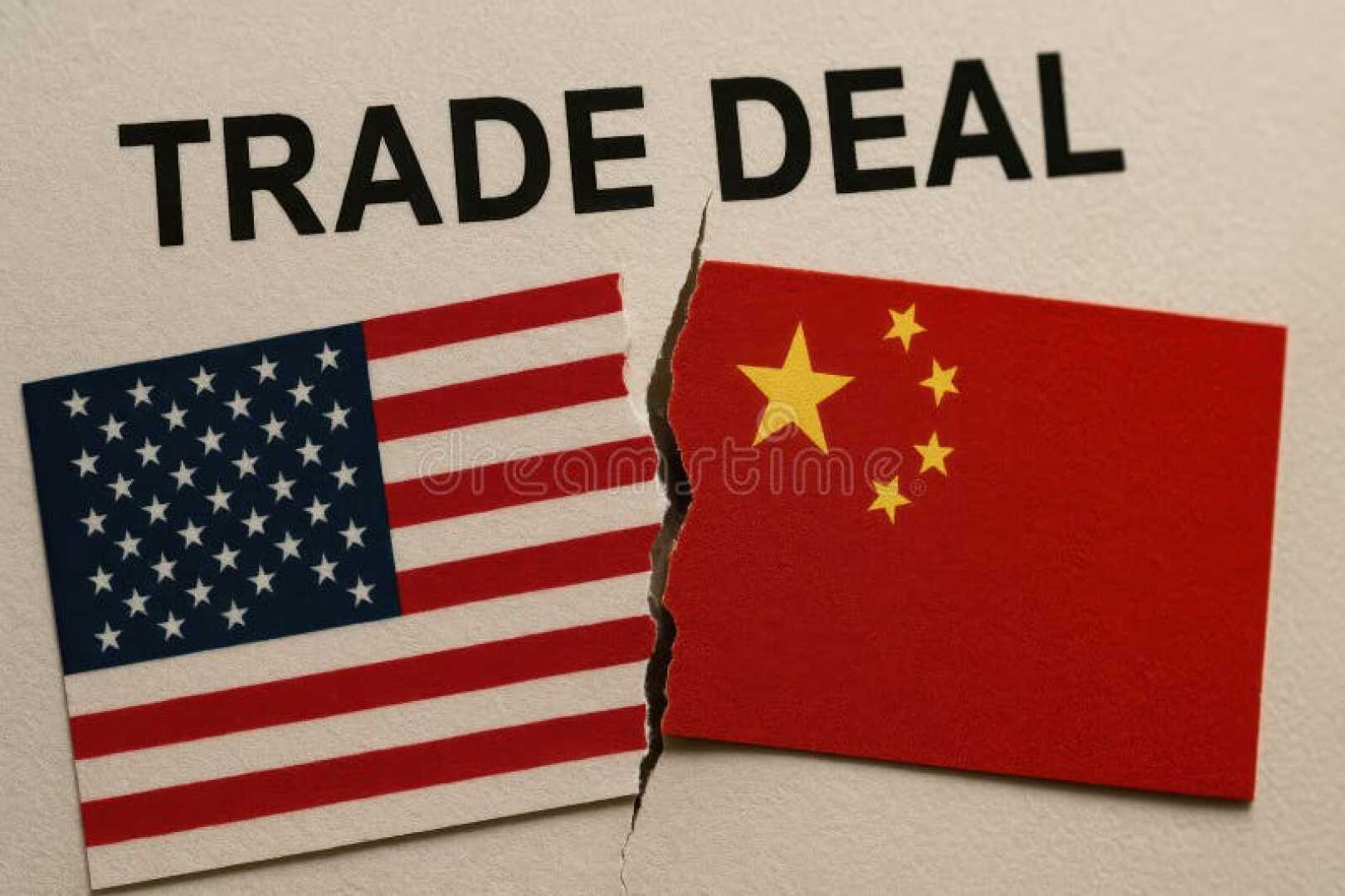Business
China Defends New Export Controls Amid Rising U.S. Tensions

BEIJING, China — China defended its new export controls on Sunday, calling them a “legitimate” action under international law. This statement comes after the U.S. accused China of economic coercion following Washington’s announcement of new tariffs and export restrictions.
The Chinese government explained that the export controls, issued on October 9, are aimed at strengthening its export control system to “better safeguard world peace and regional stability” amid a challenging global security environment. These measures now encompass not only rare earth materials but also related technologies and intellectual property.
A spokesperson from China’s Commerce Ministry emphasized, “These controls do not constitute export bans. Applications that meet the requirements will be approved.” They expressed confidence that the impact on the supply chain would be limited.
The new regulations require foreign entities to obtain licenses to export products containing more than 0.1% of domestically-sourced rare earths or products using China’s extraction and refining technologies. Applications for items that could be used for military purposes will be denied.
The European Chamber of Commerce in China reported a backlog of export license applications that could disrupt global supply chains due to the new rules.
In response, U.S. President Donald Trump announced on October 10 that he would impose a 100% tariff on additional imports from China, effective November 1. This decision also includes controls on all critical software exports to China, asserting that “there is no way that China should be allowed to hold the world ‘captive'” with its rare earths policy.
Trump’s actions followed market reactions that wiped billions in value following the tightening of China’s export controls. The Chinese Ministry of Commerce criticized the U.S. for having “double standards,” pointing out that the U.S. control list contains more than 3,000 items, compared to China’s fewer than 1,000.
As tensions escalate, reports indicate that China has often leveraged its rare earth resources during trade negotiations. Shortly after implementing its new export curbs, China announced it would impose docking fees at Chinese ports for certain foreign vessels, mirroring a fee the U.S. planned to implement for Chinese ships arriving in U.S. ports.
Despite the ongoing friction, senior U.S. and Chinese officials have recently met for trade negotiations, including discussions in Geneva in May and meetings in London and Stockholm over the summer that indicated some progress. The most recent round of talks concluded in Madrid in September, where both sides settled on a basic framework regarding the divestment of Chinese-owned TikTok ahead of a deadline.
While Trump and Chinese leader Xi Jinping discussed plans for future meetings, including a potential summit at the Asia-Pacific Economic Cooperation forum, Trump hinted at possible cancellation in a social media post last Friday, expressing dissatisfaction with China’s latest export restrictions.












